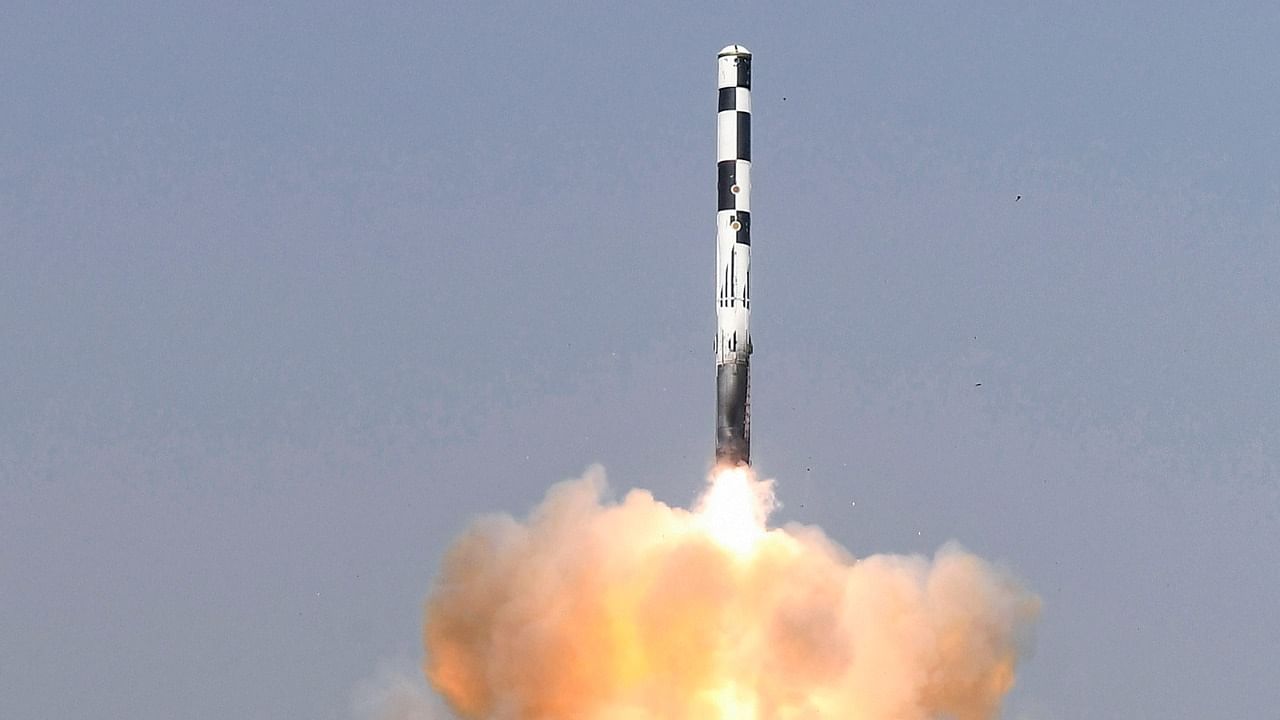
The accidental firing of a missile by India that landed 125 km inside Pakistani territory on March 9 has raised many disturbing questions about the safety and security protocols used to manage India’s strategic weapons systems and the handling of potentially dangerous situations. India has maintained that it was a case of technical malfunction during routine maintenance and inspection. Not much information is available from the Indian side but it is believed that it was a BrahMos missile that got fired from the Sirsa Air Force Base and it landed in the Pakistani town of Mian Channu, but caused no human casualty. India has said the incident was “regrettable” and that it has ordered an investigation into it. The Defence Minister’s statement in Parliament on Tuesday did not add anything to what the government has said so far. Pakistan has expressed concern and protested to India. While Pakistan showed maturity in not reacting to the incident in kind and escalating tensions immediately, it has since slowly upped the ante diplomatically, calling the world’s attention to “the loopholes and technical lapses of a serious nature in India’s handling of strategic weapons’’.
The incident is worrisome because it could have led to a chain of dangerous reactions and counteractions if Pakistan had decided to retaliate in some way. Fortunately, the missile was unarmed. Otherwise, the situation would most probably have been different. The missile was in Pakistani air space for just under four minutes. The little time that both countries have got to handle such situations in a nuclearised environment, puts the subcontinent’s population in ever-present danger. It is worrying that the mechanisms for instant communication between the two countries in emergencies were not used in this situation.
Pakistan has sought a joint probe into the incident, which will not be accepted. But the cause should be identified -- whether it was a malfunction, human error, or something else. There should be zero scope for any of these. Fail-safe systems must be put in place urgently and the same communicated to Pakistan and the rest of the world in a way that restores confidence in India’s ability to manage its strategic arsenal and increases the credibility of its deterrent capability. All operational procedures for handling such situations should also be reviewed and tightened. Pakistan should also be doing this. It is particularly necessary to inform Pakistan of the conclusions of India’s inquiry to assuage its concerns over the matter and answer convincingly the questions it has raised. India is a member of the Missile Technology Control Regime and is considered a responsible nuclear power by the international community. Such incidents will mar that image and it can have consequences for the country.
Check out latest DH videos here